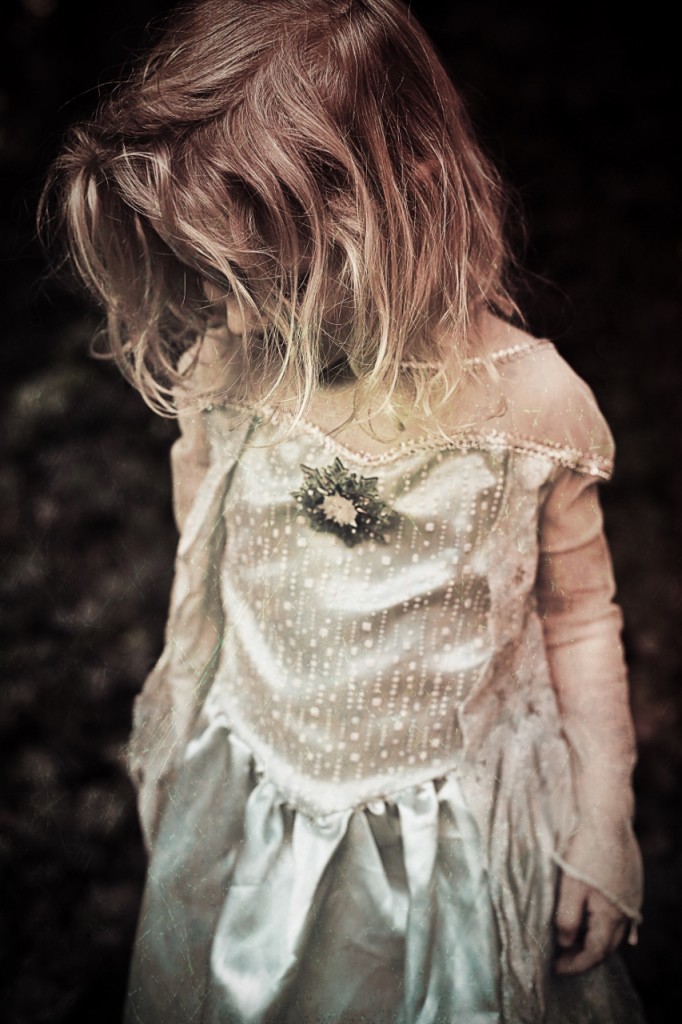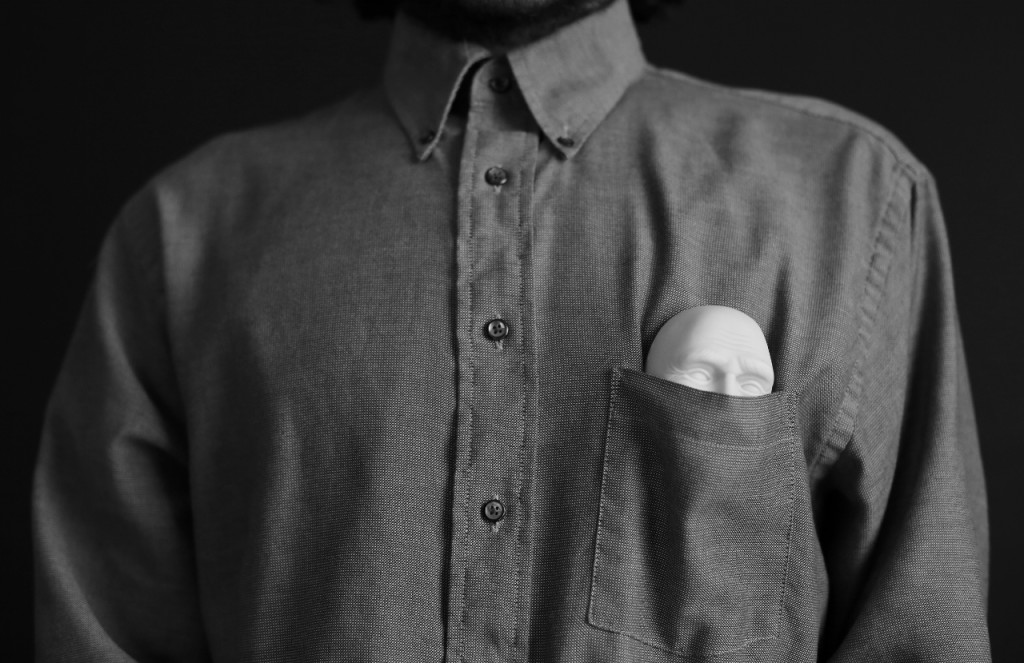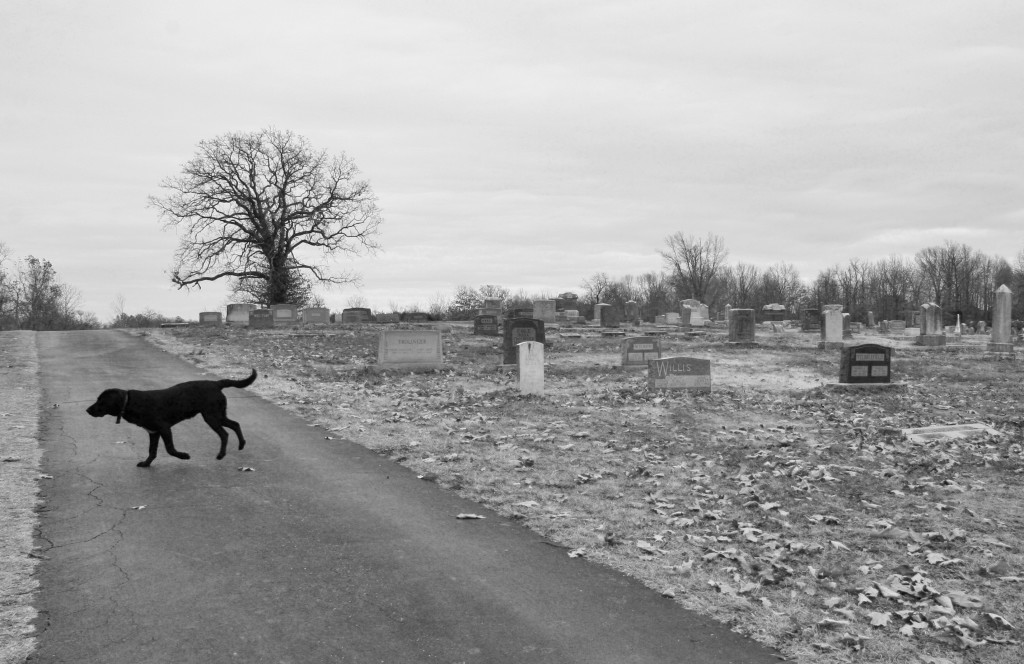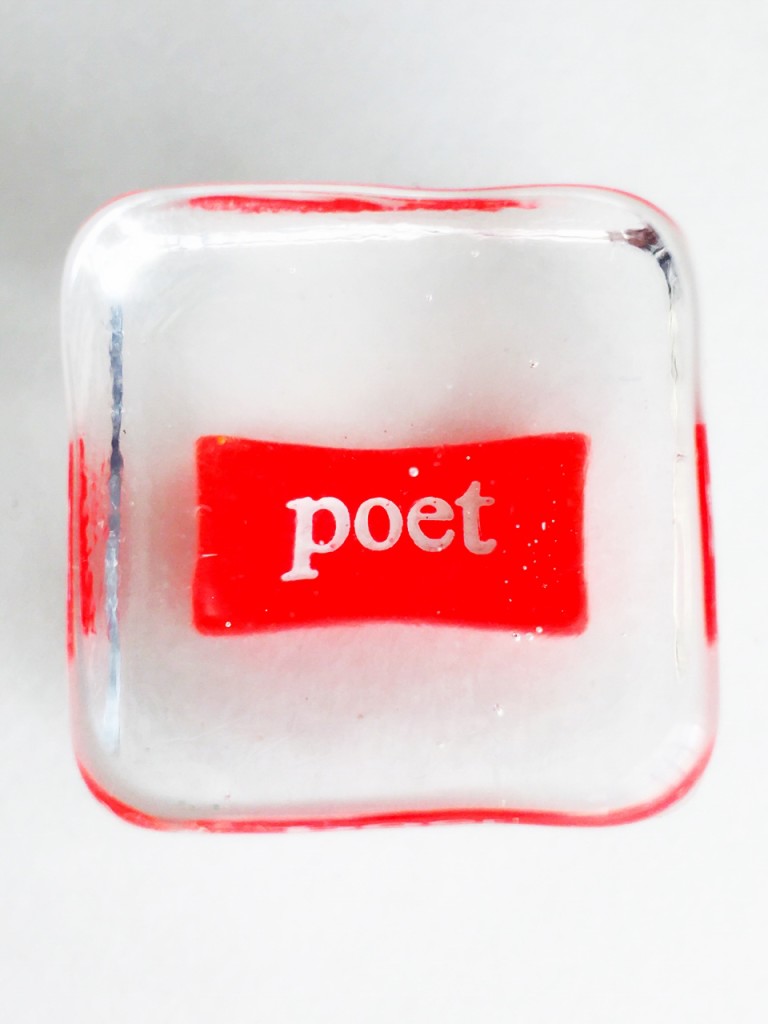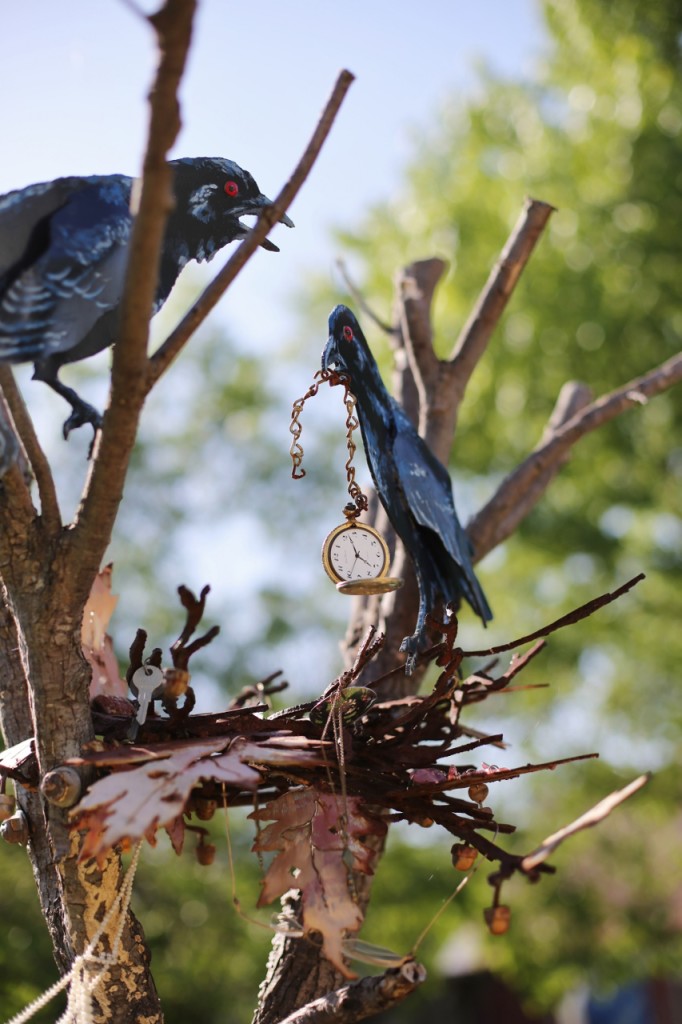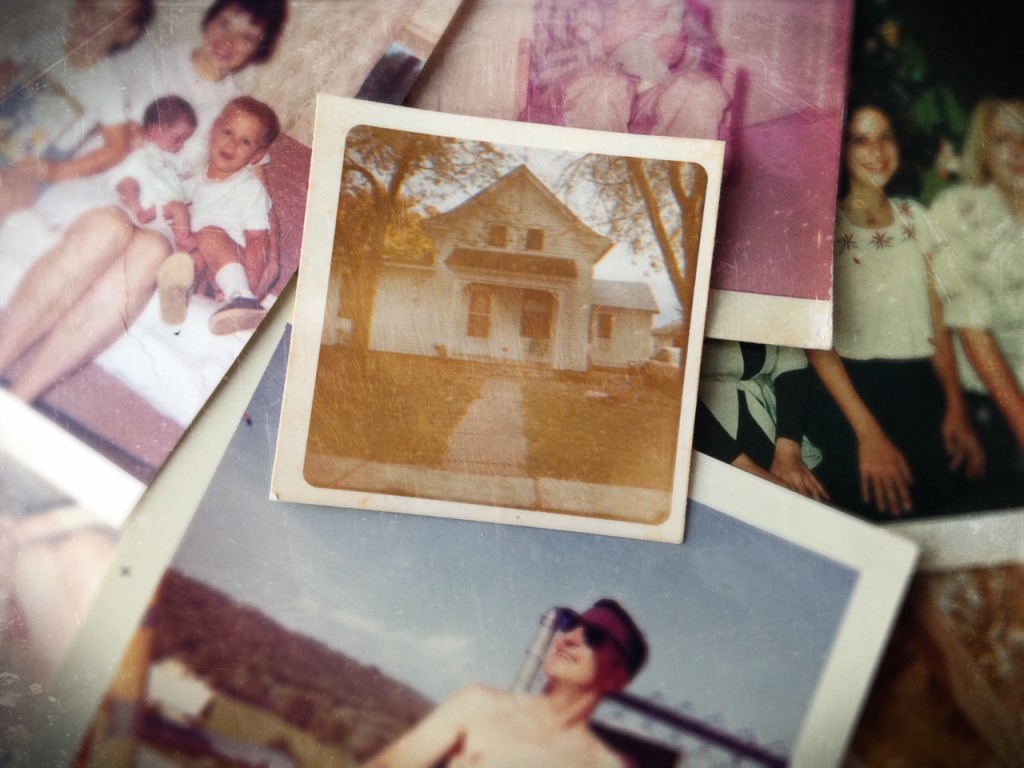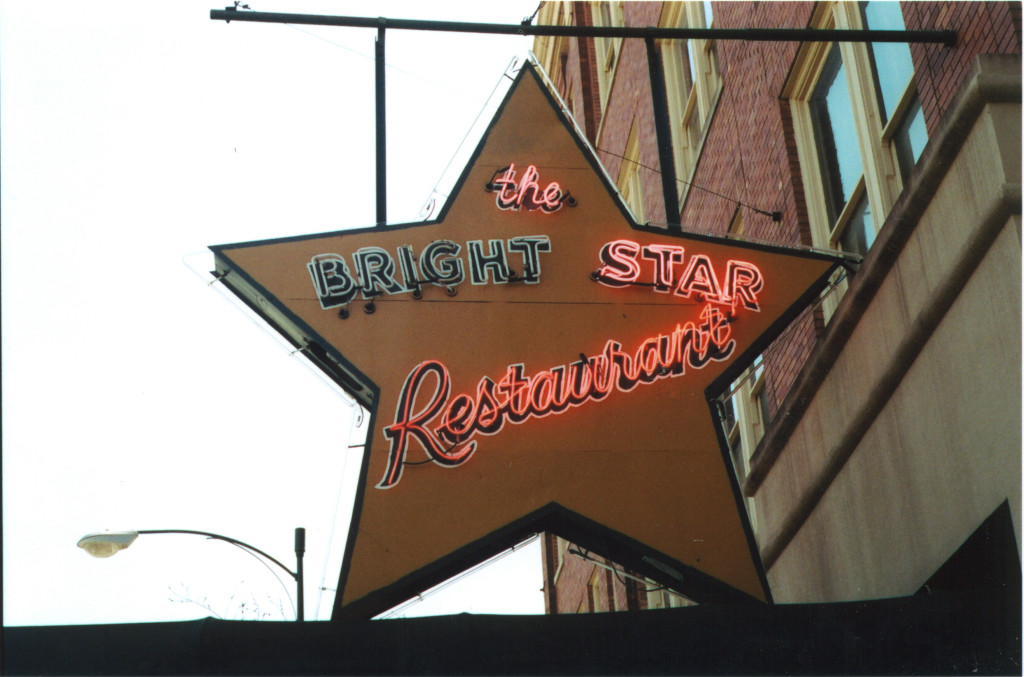
By Terry Barr
It was my mother’s heart attack that brought us together. I’ll always see him sitting on that hard chair outside the intensive care unit, looking down, like if he could only pray hard enough, she’d be his again.
They’d been eating barbecue sandwiches at the now-defunct Golden Rule in Bessemer, a new location for an old Birmingham chain.
“Your mother was complaining of indigestion, but we thought it was just her acid reflux again,” he told me later. “But, you know, the pain kept getting worse.”
He drove her to Bessemer Carraway hospital, and then when the support staff determined that she had severe blockage, they transferred her to St. Vincent’s in Birmingham to insert a stent. She had given birth to me in St. Vincent’s all those decades ago, but now I lived two states away from my mother. She doesn’t have a living will, and I suppose that in many ways we were lucky that no life-threatening operation had to be performed, because this man who accompanied her and stayed with her, and who was now waiting for her to regain consciousness, was not her family. He was her new boyfriend, John.
I received the call the previous night, at the college where I teach, where I had been the invited guest of a Presbyterian youth group, talking to them about my faith. My father was Jewish, and I had been identifying with him, and explaining my choice to twenty earnest students. I remember vividly when my colleague entered:
“You need to call home immediately. It’s an emergency.”
My heart almost stopped, a fitting experience, for when I got my wife on the phone, she told me, “Jo Ann’s had a heart attack.”
Somehow I drove the forty-five miles home, and we booked a flight for early the next morning. A good family friend met me at the airport and drove me to my mother’s house so I could pick up her car and drive to the hospital. I remember looking down at the general area of the hospital from my plane, and then passing the turn to it on the drive to my mother’s house. I remember wondering if I’d get there before anything worse happened, and even if it didn’t, I wondered what I’d find in her room. What state she’d be in?
Draped across the top of the recliner in her den was the beige sweater she’d been wearing, and on the seat of her chair was her matching brown purse. In my mother’s world, purses have to match the basic color scheme, and I could have cried at that thought. I could also see the spot on the floor where she must have thrown up. Someone had cleaned it already, most likely John at my mother’s direction, for she’s the kind of woman who never leaves her house a mess. I grabbed her purse, her vitals and drove. When I got to the intensive care unit, there he was:
“Buddy, I know we haven’t met, but I’m John Vines, your mother’s friend. She’s all right. They say she’s going to recover fully. You know, I care so much for your mother.”
I had no doubt. I could see it in his eyes.
•••
Words you never want to hear your mother utter:
“Well, I’ve gotten myself in a sure-nuff fix this time…”
“What do you mean?”
“Well, you know that I was supposed to go to a concert last night with ‘the little family’: Susie, Virginia, and John Vines. It turned out, though, that Susie and Virginia couldn’t go. So John and I went. Anyway, after the concert, he drove me home, and when we pulled up in the driveway, he kept the car running, turned to me, and said, ‘I want to say something now. I’m glad that the others couldn’t go. I’m glad it was just us. I’d like to continue seeing you.’”
My mother paused, and I felt sure she was about to ask me how to extricate herself from yet another man’s unwanted overtures. (This had happened twice before in her short widowhood with very different men). It’s not as if I didn’t believe my mother would date again after my father’s death; it was more that such thoughts left me as queasy as I normally get spending too much time in the summer Carolina sun. Or like that day my wife informed me that our oldest daughter was now “a woman,” an experience that left me reaching for the nearest door jamb. I even survived the special ceremony my wife planned for her new womanhood. We have pictures of our daughter then, at thirteen, with flowers in her hair. So queasiness can also feel sweet.
It can also unnerve a son.
“What did you say Mom,” I breathed.
“Well,” and then she laughed in a way that warned me that, unlike those previous occasions with those other men, this time she saw different stars:
“I told him I’d love to. He’s such a gentleman, the last of the old time Southern gentlemen. He even buckled my seatbelt for me!”
That might not sound like much unless you know my independent mother. But at least I was already sitting down.
“He buckled your seat belt for you? Did you want him to? Do you really like a man to buckle you in?”
Notice how I asked these questions instead of the other ones: “Are you in love? Are you ready to get married? Where will y’all live, and oh my God, will you be having sex now?”
Fortunately, I’m not a stupid man.
“Oh, I didn’t mind at all. It was such a sweet thing to do! But what do you think?”
So I told her. “Mom, all I want is for you to be happy. If you want to go out with John, that’s fine. And if you decide you want to marry him, that’s fine too.”
She laughed off the marriage part and instead uttered a few clichéd phrases about her time of life and having fun. Honestly, I don’t remember exactly what she said, because another thought had invaded me, concerning my father. Having his wife remarry, I don’t think, would have alarmed my dad. My alien thought, however, would surely have killed him again. While my mother rambled on across our long distance phone lines I silently protested.
“But John’s a Georgia Tech man, a Yellow Jacket! He played for and adored Coach Dodd, a man my Alabama Crimson Tide-loving father detested. A man my father referred to often as ‘Cry-Baby Dodd.’”
I can honestly say that my father disrespected only two of Alabama’s football foes: Notre Dame and Georgia Tech. Not even Tennessee or Auburn roused Dad’s hatred like the Irish and the Yellow Jackets. Alabama and Georgia Tech no longer played each other, though, and while the former’s star continues to blaze, the latter’s has fallen mightily.
Besides, my poor father was gone and my mother was very much here.
“He’ll take me places, anywhere I want to go! And you know I always had to drag your daddy everywhere we went. Except to his mother’s, that is, and to the Alabama football game!”
As the weeks passed, it seemed my mother had found the antithesis of my dad: John drove a Lincoln, and my dad hated Fords. John was a gentile, my Dad a Jew. John played high school and college football. My dad, the clarinet and tennis.
Yet they were each loyal Americans, served their country proudly, and were hard-working providers for their families. They were both quiet, gentle men. And my mother, somewhat reluctantly, provided one other similarity.
“John and I went to the Bright Star the other night [Bessemer’s finest restaurant and the oldest continuous-serving restaurant in Alabama]. You know how good the seafood and steaks are there. They had stuffed snapper on the menu, so after I ordered, I looked over at John. And do you know what he ordered?”
I could hear it coming, This seemingly perfect man did the unthinkable:
“He ordered the hamburger steak, just like your daddy used to!”
Though I wouldn’t order it, because I’m no idiot, I have to admit the hamburger steak at the Bright Star does look good. Dad always smothered his in ketchup.
“Did he add ketchup?” I asked Mom.
“Of course! I just don’t understand men. All that good food and no matter what, they just want hamburger! And when it arrived, all he could say was ‘Oh yeah!’”
I wanted to pronounce an “Amen” on that, but decided that enough bland sauce had been poured already.
•••
Though she was still in intensive care, the doctors had successfully placed a stent in my mother’s damaged artery and declared her out of danger. John left me soon after I arrived at the hospital, and I’ve always wondered whether in his place I would have done the same; whether I would have ceded space to my steady companion’s son. He had been the one to accompany her through this trauma, and now his actions said, “I know my place.” I didn’t know his place, though, and even as I write this, I look at the phrase I used for John: my mother’s “steady companion.” It’s a true statement because they did go everywhere together, including church on Sunday, a church John didn’t belong to. Can seventy-somethings be described as boyfriend and girlfriend? As “special friends?” Even today, when I describe John, I call him “Mom’s friend, you know….”
Except that we really don’t know. I could never use the term “lovers” to describe John and Mom, even if I did think it described them accurately. Years into their relationship and while he was lying in his own hospital bed awaiting exploratory kidney surgery, John made the mistake of referring to another mutual female friend of theirs as his “other lady friend.” This so incensed my mother, who by that point had decided that she’d never marry John, that she left him in his room for a couple of days. That same lady friend, one of my former Sunday school teachers, fueled my mother’s ire some time later by wondering aloud whether John had spent the night at my mother’s because she saw him wearing the same clothes on that day as he had worn the day before, and the last she knew, he had been seen entering my mother’s house in the early evening.
Why my mother felt the need to report this to me during our weekly Sunday morning phone chat, I can’t say. Was she just passing the gossip before I could hear it from other mouths?
“I just couldn’t believe she would say that about me. She knows me better than that!”
But my mother has reported other strange information over the years, like the time she told me that a new, and newly-drunken, neighbor made a pass at her in her own house during a barbecue that she and my dad were holding for this new neighbor and his wife. My mother was in her late sixties at the time.
“Your daddy never knew, and I didn’t tell him. He would have been furious.”
Yet she told me long distance. Was I supposed to be furious too? Or appalled? Disgusted? Nauseous? My daughters have always laughed at me, saying I never know when someone is flirting with me. If I ever did know, though, I wouldn’t be calling them on the phone to report it.
Of course I didn’t think of these awkward moments while my mother was lying in the hospital. Part of me wished that John hadn’t left us alone because I wasn’t used to seeing my mother in such a vulnerable state.
She was alert when I walked in, though, saying “Hey darlin’” before I could get to her bed. I sat with her through the evening and offered to spend the night by her.
“Oh, you don’t need to do that, I’m fine. You just go home and get a good night’s rest.”
She was in no danger, according to all the nurses, and selfishly, I thought a bed at home sounded so much better than the pullout cot available there. However, when I reached home, I realized the strangeness of sleeping in my mother’s house alone, seeing but not seeing her flitting from room to room picking up stray items or straightening yet another decorous object. Hearing but not hearing her habitual smoker’s cough lapsing into such a choking fit that I’d wonder if this was the end.
When I returned to the hospital the next morning, she volunteered the information that she was determined to quit smoking. “I decided last night that that was it!”
I rejoiced. Her health, finally, seemed to mean more to her than her Virginia Slims Menthol Lights. That night when I returned to her house, I threw out the remainder of her carton, and the open pack in her purse. I remembered then the time in fourth grade when, after viewing an anti-smoking film in school, I played hooky and waited till she was out running errands then flushed an entire carton, bit by nasty bit, into the back bathroom toilet. When she asked that night what happened to her cigarettes, I confessed. Though upset at the loss of good money, she didn’t punish me.
“I don’t want you to get cancer,” I managed in the face of her initial fury.
She understood, and I know that despite her habit and need for a cigarette then, she forgave me. She loved me.
The next day when I returned to school, she ran to the store and bought a new carton. So we lived with her habit for another forty-five years. But now, after a serious heart attack, we were done.
My mother was released from the hospital on Thanksgiving Day, and our beloved family friends, the Mulkins, invited us all—my brother, my wife, our two daughters, and John—for Thanksgiving lunch. We drove straight to their house from the hospital, and so Thanksgiving seemed restored, except that this combination of families had never spent any holiday together before. Not long after the meal, John made a suggestion. “Let’s get your mother back home. She’s still pretty weak.”
On that Sunday after Thanksgiving, Mom suggested that we let her rest while we went to a movie or something.
“You all don’t need to be sitting in this house watching me. I’ll be okay.”
After we returned, my wife walked past my mother’s bathroom and over to me.
“I think I smell cigarettes.”
I smelled them too, but only faintly, and then after a few moments I convinced myself that I had smelled nothing out of the ordinary, except, that is, the scent of my mother’s lemon body oil.
The next morning, I found a cigarette butt that hadn’t fully flushed, floating in her bathroom toilet.
She hadn’t left the house the entire weekend, and I was certain that I had purged her place of all offending smokes. So how had she procured these new heart-killers? When I confronted her, all she said was, “You just don’t understand. Only a smoker understands how hard it is to quit.”
I never asked, but I was sure that in the couple of hours we had spent at the movies she had persuaded John to buy her a new carton of smokes. After all, he had told me, “I would do anything for your mother.”
And so my mother continued smoking for another ten years until she finally gave up her habit after successfully undergoing radiation treatment for a small but malignant lung tumor. I suppose John stood by her through these trials, but she said it was the e-cigarette that really helped.
•••
“I remember I cried when my father died/Never wishing to hide the tears
And at sixty-five years old/My mother, God rest her soul…”
—Gilbert O’Sullivan
My mother isn’t dead, and she wasn’t sixty-five when my father died. She was sixty-seven, and I was forty-four. While it’s true that I did not wish to hide my tears, my mother told me to stop crying. “I need you to be strong now.”
I tried to stop; truly, I did. Fortunately, I was already in therapy, so I dealt with the grief. I don’t know how my mother wrestled with hers, but I suspect she did what she’s always done: pushed it back inside and moved on with her life. She jumped back into her civic and social clubs; she repainted the bedroom and ordered new furniture. She got a new mattress for the back bedroom where my father spent his last year because he’d been unable to control his bladder, and despite the bed-pads and adult diapers, the mattress was ruined.
She began getting offers from men. She seemed ready to enter that world again: of dating, of potential husbands. And so, it seemed, I had to get ready within myself to understand and accept the difference between “your father” and “your mother’s husband.”
•••
I am unlike my father in these ways:
I drink: Beer (now gluten-free), red wine, and bourbon, especially bourbon. Four Roses, small batch.
I read novels instead of the newspaper, and I write. A lot.
I am a political liberal. I never thought Rush was right.
I eat seafood of all types including anchovies.
I wear a beard and hate mowing the lawn.
I am like my father in these ways:
I cherish my home and the older I get, the less keen I am on leaving it.
I am loyal to my job, my family, and even my country.
I like meatloaf with ketchup.
I cherish the University of Alabama football team, recently buying a 55” TV just to get a bigger picture for this season’s games.
I try to stay fit, walking my dog for an hour each day and supplementing that with thirty minutes on the elliptical. I use free weights, calculated repetitions, though the calculations are often, if not always, based on some OCD number in my head.
The irony of this obsessive number is that it’s 64, taken from a framed Alabama football jersey mounted on the wall near my weights. When I lift weights I have to make sixty-four reps. Have to. That jersey is 1940s vintage, crimson wool with a wraparound crotch button. I received it in one of those be-careful-you’ll-smother-in-this-thing dry cleaners wrapping bag. My father gave me many Bama jerseys: numbers 22, 25, 38, but he didn’t give me this one.
John Vines did. John played on the 1951-2 National Championship Georgia Tech teams. He never pulled for Alabama, or Auburn either, his home state teams.
But not even John could remember where he got it or even how long he had had it. I wish I had my other jerseys. My mother junked them went I went off to college. But I’ll never lose or give up this one.
I tried researching to see whose jersey my number 64 could have been, but no luck, or at least there were too many possibilities and no winnowing down. John didn’t know either, but it didn’t matter to him.
“I want you to have it. I know how much it will mean to you.”
If I could have worn it, I would have right then. Players back then were smaller, even those on the offensive line. I weigh in the mid 190s, just too big to want to try stretching this precious wool. Besides, wearing it isn’t the point. The point is that a Tech man gave a Bama man, a man young enough to be his son, a Bama jersey, a precious keepsake, on a cold and cloudy Christmas season night. And when he left our house that night, for the first time, I hugged this man, my mother’s boyfriend, instead of merely shaking his hand as acquaintances do.
It was my wife, not a football fan of any sort, who suggested framing the jersey, because she understands what gifts mean and how to honor them and those who give them. She understands the texture of human hands and shoulders and hearts.
Though 64 is an easy number to reach with arm weights, and I still feel sufficient after achieving it, I go beyond it usually, and every time I do, I think of John and how pleased he’d be. Not always, but more times than not, I think of my father, too.
•••
During the year after Mom and John began dating, I would have bet anyone that they were headed toward marriage. I waited for the news.
But it never came.
John had moved to a new house, just a block above where we used to live.
“I don’t know why he moved up there,” Mom complained. “That neighborhood is going down,” which was true enough, though very sad given the decades we all had spent there.
My mother helped John decorate it though, as if someone might soon be moving in with him. And someone did: the stray dog that showed up in John’s alley one day; a beautiful shepherd mix about the size of a young horse. John named him J.V., after himself.
The beautiful house that Mom helped John decorate stayed that way for almost a year. And then…
“You won’t believe that house! He’s just wrecked it. He is without a doubt the messiest man I’ve ever seen. One thing I’ll say about your daddy, he was neat.”
Yes he was, OCD neat, just like my mother is OCD neat. Shoes in proper order, beds made within five minutes of getting up, dishes washed, dried, and put up immediately after a meal. I could go on, but the funny thing is that despite knowing how she was, John went on doing what he wanted, “messing up” his house. I always wondered if what he did was just him, or some subconscious method of insuring that marriage with my mother, despite what he said, would never happen.
“You know, Bud,” he said to me once, “your mother is mighty particular.”
Oh yes, for who else would demand her own vomit be cleaned up while she is undergoing a heart attack?
Eventually, John bought another house in the same area and on the same street where my mother lives. My mother is a stubborn woman, and so once again, she helped John “fix up” his new home. And once again, just months after he moved in and staged an open house to show it off, my mother began complaining:
“I just wish you could see that house! All that work I did and for what? For nothing! He leaves stuff where he found it and never throws anything away. He’s just a pack rat!”
This coming from a woman who eventually throws everything away: my jerseys, my old comic books, my old journals, and if I let myself, I might remember other things I can’t find and don’t know what happened to. So it came to this: an OCD woman just couldn’t marry an extremely relaxed man. Still, my mother put her refusal to marry in her own inimitable way: “I just decided that I didn’t want to wash another old man’s dirty underwear.”
What could anyone, especially her son, say to that?
•••
Though my mother and John never married, they remained close friends, and Mom reported their adventures together. She even dragged him to see her favorite rock band, Chicago, once. When I’d come to town, she’d have John over for supper, and we’d both relish her roast beef, new potatoes, fresh lima beans, and creamed corn. Often, on the day I’d be leaving for home, John would drop by to say so long. More often, he’d give me a card, and in that card would be a twenty-dollar bill.
“That’s to get you a Coca-Cola on the way home,” he’d say.
As if Cokes cost twenty dollars. As if he were my dad or something.
•••
Last month I went back to Bessemer.
John was dying.
I thought about so many things as I drove, but the one thought I couldn’t put down occurred the previous summer when I was there: when John wanted to take me to a hamburger joint for lunch, just him and me. But I was too busy. I had overcommitted myself with other friends. At the time I knew I would live to regret turning him down, so why didn’t I do anything about it?
That following fall I called John to tell him I’d be coming down for a visit and that I wanted to take him out.
“Okay, Bud,” he said. John was never much for phone calls, especially from other men who were trying to take care of him, who were making him feel too much of what he had become: dependent.
Mom and I did take him to The Bright Star on that visit. He ate well—this time, the liver and onions—but in many ways it was a futile endeavor. His cancer was too far-gone, and he had chosen not to undergo surgery. He was eighty-eight years old, and people that age, surely, should get to choose how they approach their end. I remember how thin he’d gotten, this former lineman for the city. He still had his friendly manner, but it didn’t take a genius to tell that he was slowly moving on.
And so he did this summer, June tenth.
Mom and I went to visit him that day. His daughter Sallie had brought him to her house where she, her husband Noah, their children and grandchildren, and even John’s beloved J.V. could be near. Sallie recounted on that day a memory from her childhood: how her daddy would carry her on his shoulders to the Highland Bakery on summer nights after he got off work.
“I’d be in my nighties, ready for bed, but he’d walk us the two blocks to get ice cream. Cherry Vanilla or Lemon, my favorites. It’s just so hard. I’m gonna miss him so.”
That’s the way it is with people we love. Our fathers, and even those who never quite were, but could have been, and whom we loved anyway.
As I did with my own father on his deathbed, I told Sallie to speak to John. To tell him that he had been a good father and that it was okay to go now. I watched her lean into him and speak those very words.
She called a few hours later to say he was gone.
I couldn’t be at the funeral, but I heard that hundreds of his friends and family attended. A fire truck—he so loved fire trucks—led the procession to the cemetery, and there everyone gathered to honor this very gentle, very Southern man.
In his will, he left my mother one hundred dollars.
“Just a little Coca-Cola money,” he wrote.
•••
TERRY BARR is the author of the essay collection, Don’t Date Baptists and Other Warnings From My Alabama Mother. His work has appeared in South Writ Large, Steel Toe Review, Eclectica Magazine, Blue Lyra Review, The Bitter Southerner, The Dead Mule School of Southern Lit, and of course, Full Grown People. He lives in Greenville, SC, with his family.

 Follow
Follow



